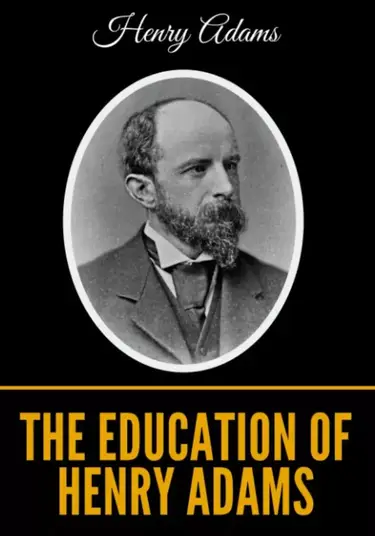The Education of Henry Adams
Henry Adams, journalist, historian, and member of the Adams political family, posthumously published The Education of Henry Adams in 1918. It won a Pulitzer the following year. The book chronicles Adams' personal and intellectual journey throughout his life. He reflects on the changes and challenges he witnessed in the late 19th and early 20th centuries.

The book delves into Adams' struggle to reconcile the traditional values of his family with the rapid societal changes. Changes brought about by industrialization, technology, and political upheaval. Adams grapples with the tension between the old world and the new. Between the stability of the past and the uncertainties of the present.
Adams also reflects on the transformations in science, philosophy, and politics that he witnessed during his lifetime. He explores the impact of Darwinism, the rise of industrial capitalism, and the complexities of American democracy.
Throughout the book, Adams presents a deeply introspective examination of his own intellectual growth and personal development. He contemplates the limitations of formal education and the importance of self-guided learning. Adams emphasizes the role of experience and self-reflection in shaping one's education.
The Education of Henry Adams is known for its unconventional structure and narrative style. It's one of my favorite autobiographies. Adams employs an unusual nonlinear approach. He moves back and forth in time and uses a variety of literary techniques to convey his ideas and experiences.